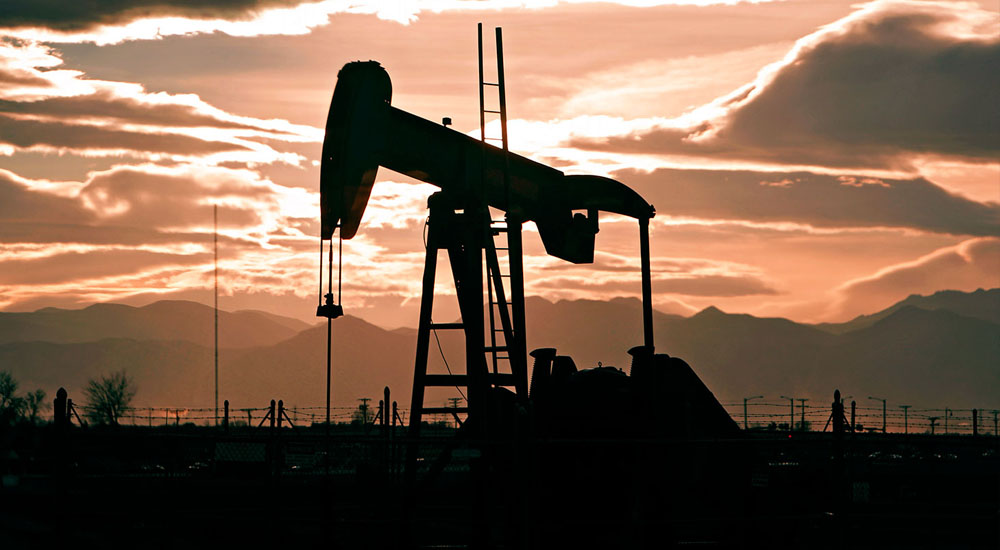There is one issue that seems to have the daily attention of the White House and should be the focus of everyone watching the 2018 midterms — rising gasoline prices.
On the day Donald Trump was elected president, the average per gallon price of regular gasoline was $2.34 a gallon. Today, that number is $2.87 per gallon of gasoline. That fifty cents per gallon is a significant increase for the very workers that voted in Trump and who form his hard core base.
Naturally, the White House knows this and is combating the problem. If there is a kitchen table issue that Trump understands, it is that every time someone fills up at the pump they look at that price per gallon and think that they are either winning or losing.
Right now, many folks are losing.
Yet as in most things, President Trump and his advisors know that oil prices are governed by basic supply and demand.
Three separate but related actions by Trump and his Administration display this obvious problem he is facing. First, Trump tweeted that he asked Saudi Arabia to increase their production by 2 million barrels. We have no idea if that is monthly, but it shows a presidential desire for more supply.
Just spoke to King Salman of Saudi Arabia and explained to him that, because of the turmoil & disfunction in Iran and Venezuela, I am asking that Saudi Arabia increase oil production, maybe up to 2,000,000 barrels, to make up the difference…Prices to high! He has agreed!
— Donald J. Trump (@realDonaldTrump) June 30, 2018
Second, Trump also suggested increasing supply from the 660 million barrel Strategic Petroleum Reserve, which is precisely what the reserve exists to do: stabilize oil prices against speculators.
Finally, Secretary of the Treasury — not the Secretary of Energy or Commerce, Steve Mnuchin — suggested that some crude oil buyers might be granted waivers to buy oil from the Iranian government, a step that Trump would not take unless he believed it to be a matter of national security.
Clearly, gasoline prices have the Trump White House worried as a “gas-prices-have-increased-50-cents-per-barrel-since-he-was-elected” narrative would be troubling indeed should it prove true by this fall’s midterms.
Yet there is one political solution staring them in the eye — calling for more domestic production to increase supply and bring down long term gas prices. Thus far, the Trump administration has been sympathetic to the idea of domestic energy production that matters, specifically clean coal and natural gas right here in the United States (despite Russian-funded opposition against such energy projects).
Should the White House choose to do so, a clear shot across the bow would be to focus on domestic energy production right off of America’s East Coast. Virginia is home to several hundreds of miles of unexplored coastal opportunities that would cement Hampton Roads’ reputation and strategic influence as a global port of call.
One only need to avail oneself of the opportunities.

